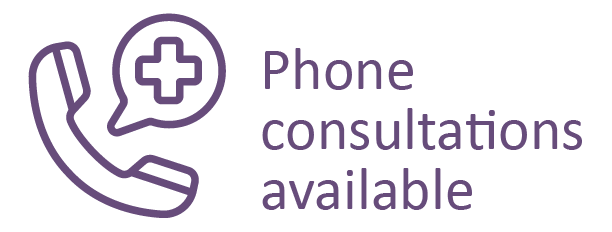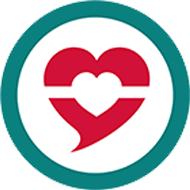Mr Stephen Davies, Physiotherapist
Mr Stephen Davies
Physiotherapist
Mr Stephen Davies MSc, BSc
Physiotherapist


Recommendations for Mr Davies
These recommendations are for information purposes only. Doctors providing recommendations do so in good faith and are not responsible for clinical outcomes.






Recommended by:
Make an appointment
Address
-
Telephone or video consultation
Available for patients, please call to arrange, E14 4QT
-
Pure Sports Medicine, Canary Wharf E14
Level 2, Cabot Place West Canary Wharf, London, E14 4QT
About Mr Stephen Davies
HCPC number: PH104914
Place of primary qualification: Queen Mary University of London
Stephen did his Masters from Queen Mary University of London and currently works as a Physiotherapist at Pure Sports Medicine, Canary Wharf in London.
His areas of clinical interest include running injuries, shoulder, sports injuries, low back pain, neck and research. His sporting interests are golf, rugby, triathlon, marathons and squash. He worked at Premier Physical Healthcare before joining Pure Sports Medicine London.
Areas of expertise
- Running injuries
- Shoulder
- Sports injuries
- Low back pain
- Neck
- Research
Frequently asked questions
What are the common symptoms that your patients tend to present with?
It depends on which body part and the type of injury it is. However, people primarily come in complaining of pain. My initial treatment is to address their sympathetic nervous system and try to calm it down. What comes with pain can also, depending on the injury, lead to muscle guarding, overprotection, fear-avoidance, and maladaptive patterning. There is a lot of compensatory movement patterns that also occur with the element of pain.
What are the treatments that you're able to offer your patients?
Nearly every single patient has a huge amount of education, and that's education about the pathology and prognosis and education about what I'm able to do and the services we have.
If it was a low back patient, I would heavily go down along the biopsychosocial treatment line, which would encompass things like sleep, nutrition, exercise, posture, biomechanics of their movement and what things they do in the gym to fix and calm down their sympathetic nervous system.
From a physio point of view, I would do soft tissue work, mobilisations, manipulations if appropriate, acupuncture, KT taping, exercise prescription for strength and conditioning, changing of maladaptive patterning like changing guarding patterns, prescription of the correct load for the patient to be able to tolerate.
Depending on their activity or their chosen goal, I would then work towards conditioning that person for that specific sport. For example, if they were running, I would be doing a running analysis. If they want to return to the gym, it would be looking at weight training or whatever they have chosen to do. That would then be aligned quite closely with their goals, which I will then streamline to get the end result.
What are your areas of sub-specialist interest?
My specialist interest would be acute and chronic low back pain, which is why my treatment includes the biopsychosocial aspect of treatment. I'm currently writing up a study at the moment which is on persistent low back pain in professional golf. My heavy reliance on this is because it's one of the most common reasons why people go to see their GPs and it's very common within all sporting athletes.
My other specialised field would be running injuries. Being a runner myself, I like to look after hips, knees, and ankles. It can be an acute onset, a gradual onset as well as trauma.
Professional memberships

















